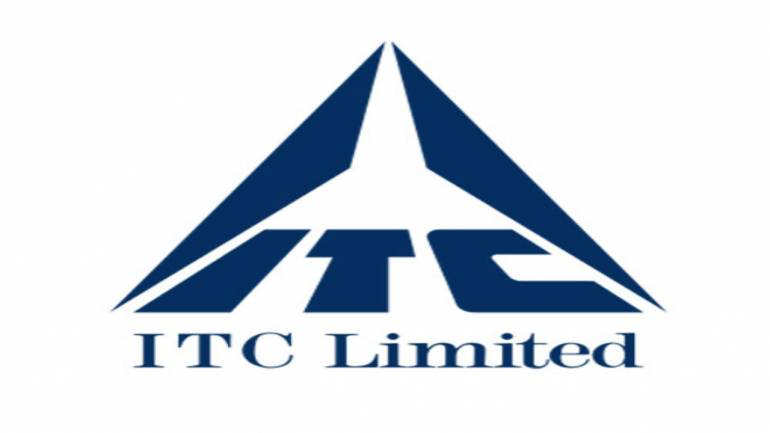
Image credit :- saltbluedesigns.blogspot.com
Amidst the value-unlocking trend, Reliance Industries completed the demerger of Jio Financial Services, and now ITC Limited has followed suit by announcing its hotel business demerger.
The cigarette-to-hotel giant ITC finally put an end to months of speculation on Monday as it officially announced the approval of the demerger of its hotel business. The main objective of this move is to unlock value for its 30 lakh shareholders, considering the company’s outstanding performance as the best-performing Nifty counter over the past year. It finally put an end to months of speculation on Monday as it officially announced the approval of the demerger of its hotel business. The main goal of this move is to unlock value for its 30 lakh shareholders, considering the company’s outstanding performance as the best-performing Nifty counter over the past year.
After careful consideration, the Board granted its in-principle approval for the demerger of the hotel Business through a scheme of arrangement. Under this scheme, the company will retain a stake of approximately 40% in the new entity, while the remaining Shareholding of about 60% will be directly held by the Company’s shareholders in proportion to their existing shareholding.
The demerger will be presented for board approval on August 14th.
Strategic Separation: The Rationale for Demerger

Image credit: front.page/itc
The decision to demerge the hotel business was driven by the board’s recognition that the segment has reached a mature stage of growth. By establishing it as a separate entity, the hotel business can pursue its own path to further development and success in the fast-growing hospitality industry.
The demerger allows for a sharper strategic focus and an optimal capital structure while still capitalizing on ITC’s institutional strengths, brand equity, and goodwill to support its future endeavors.
The proposed reorganization aims to secure the company’s ongoing involvement in the hospitality business while offering long-term stability and strategic backing to the new entity, facilitating accelerated growth and sustained value creation.
This decision also reinforces the company’s recent shift towards a more focused capital allocation strategy, exemplified by the adoption of the “asset-right” approach in the Hotel Business.
Demerger effects: understanding Share slide

Image credit: The motley fool
This demerger is considered to be the catalyst for value creation in the medium to long term. The company’s board emphasized its evaluation of various strategies to foster growth and enhance value for stockholders.
However, After the announcement, ITC shares experienced a decline of more than 4% on the BSE, as investors expressed disappointment with the company’s decision to retain a 40% stake in the new subsidiary, which will be named ITC Hotels.
So what is the reason for the stock’s decline?
As trader analysts remark, In these kinds of events, stocks slide as there can always be a sell-on-news phenomenon at work. (The “sell on news” phenomenon is a tendency observed in financial markets where investors decide to sell their holdings of a stock after a significant news announcement, even if the news is positive.) Despite this, the demerger is viewed as a positive development, as the hotel business had been delivering low returns for ITC.
Over the past few years, this business has accounted for nearly 20% of the company’s capital expenditures. With the demerger, the remaining entity will adopt a more concentrated approach, primarily centered around cigarettes, FMCG, paper, and agribusinesses. As a result, ITC will become a more focused and streamlined entity. Investors interested in the hotel business will also have the opportunity to invest in a dedicated and focused entity for that particular sector.












